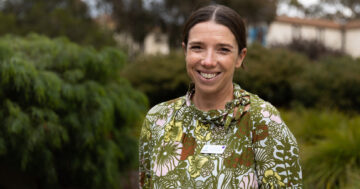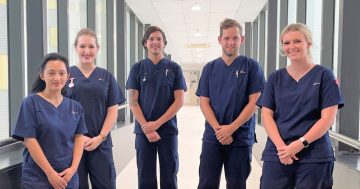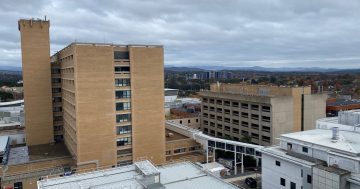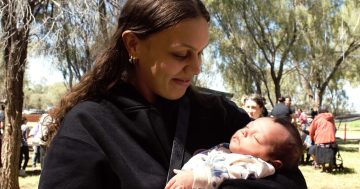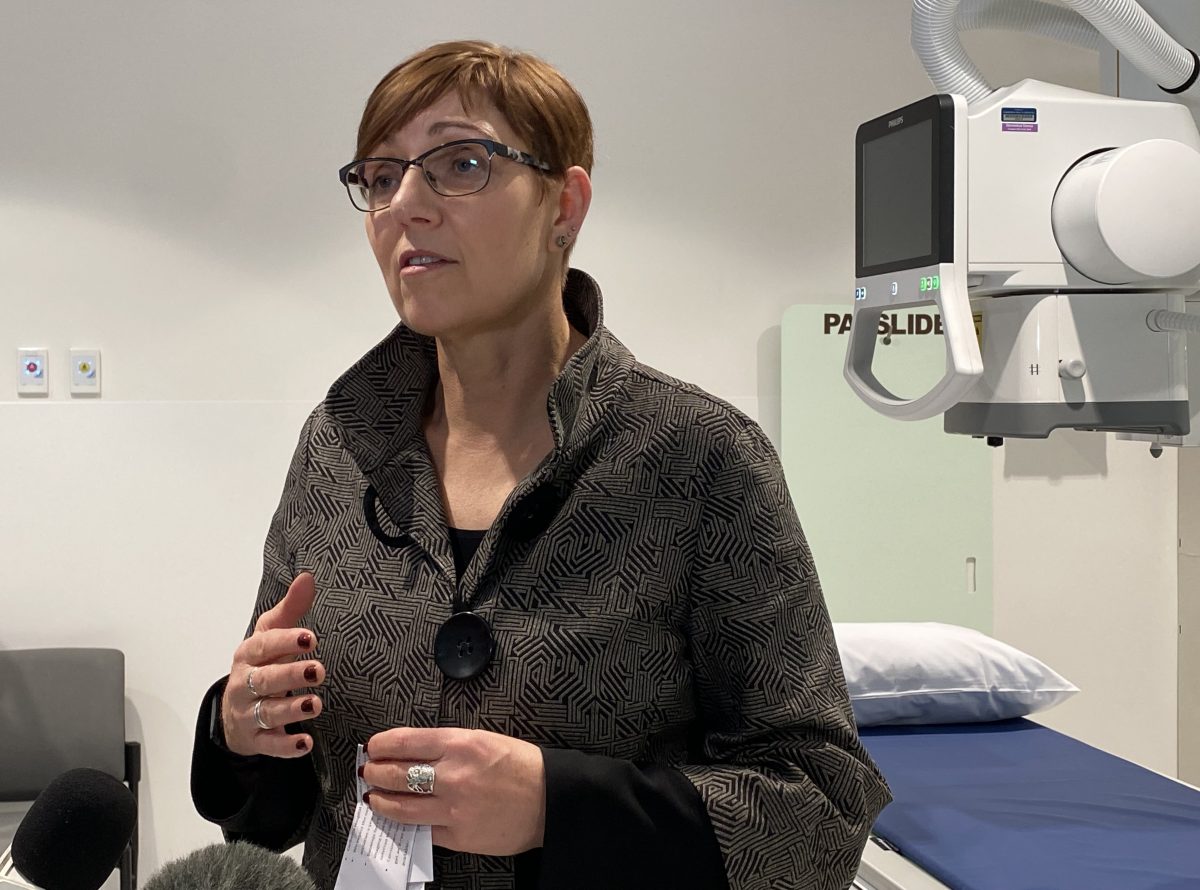
Health Minister Rachel Stephen-Smith said overcoming “placement poverty” was vital to growing a sustainable health workforce. Photo: Claire Fenwicke.
Nursing, midwifery and allied health students will have access to thousands of dollars worth of ACT Government support to help them through their studies and placements under a new program now available.
Designed to help recruit and retain these key health workers for the ACT, the Nursing, Midwifery and Allied Health Study Incentive Program will support new and existing students studying eligible qualifications at the University of Canberra and Australian Catholic University.
Each university will administer the program, which will include a Cost of Living Stipend of up to $3000 a year over three years to students commencing their studies in 2024 and Placement Support Grants of up to $1000 per clinical placement.
The program stems from an ACT Government student roundtable in April as part of the ACT Health Workforce Strategy 2023-2032.
A key recommendation was to provide financial support to students during clinical placement. This incentive program has been designed to support both incoming students in the ACT and those completing clinical placements.
The government says the program will help the ACT’s universities remain competitive in a hot jobs market.
The program is aimed at domestic students, mainly with undergraduate degrees and some postgraduate qualifications, and the incentives are focused on areas of critical workforce need in the ACT.
Health Minister Rachel Stephen-Smith said the message from students was clear that they needed help to continue their studies and that overcoming “placement poverty” was vital to growing a sustainable health workforce.
“This support will help ease some of the financial burden on nursing, midwifery and allied health students so they can focus on their studies and clinical placements,” she said.
“We are committed to the well-being of our nurses, midwives and allied health professionals, and we know that a better-supported workforce can deliver even better health services for Canberrans.”
UC Vice-Chancellor Professor Paddy Nixon said the program would help grow the allied health workforce across the ACT and region.
“UC’s graduates form the backbone of the health workforce in Canberra, which makes this a wonderful opportunity to provide our future nursing, midwifery and allied health professionals with meaningful financial support, and in particular Aboriginal and Torres Strait Islander students and those moving to Canberra from regional, rural and remote locations as they commence their studies in 2024,” he said.
“This support will translate into students being able to focus on their studies and undertake crucial clinical placements at a time when we know that cost-of-living challenges are affecting many in our community.”
Australian Catholic University Vice-Chancellor and President Professor Zlatko Skrbis said these substantial financial incentives were an investment in a robust future for the health sector and well-being of the ACT’s communities.
“At ACU, we understand the sacrifices our students make in pursuit of excellence in healthcare,” he said.
“This program offers a tangible form of support, allowing them to focus more on their studies and less on financial pressures, which is crucial in shaping the healthcare leaders of tomorrow.”
Students who may be eligible are encouraged to speak to their university representatives who will be administering the application process at the University of Canberra and the Australian Catholic University.












